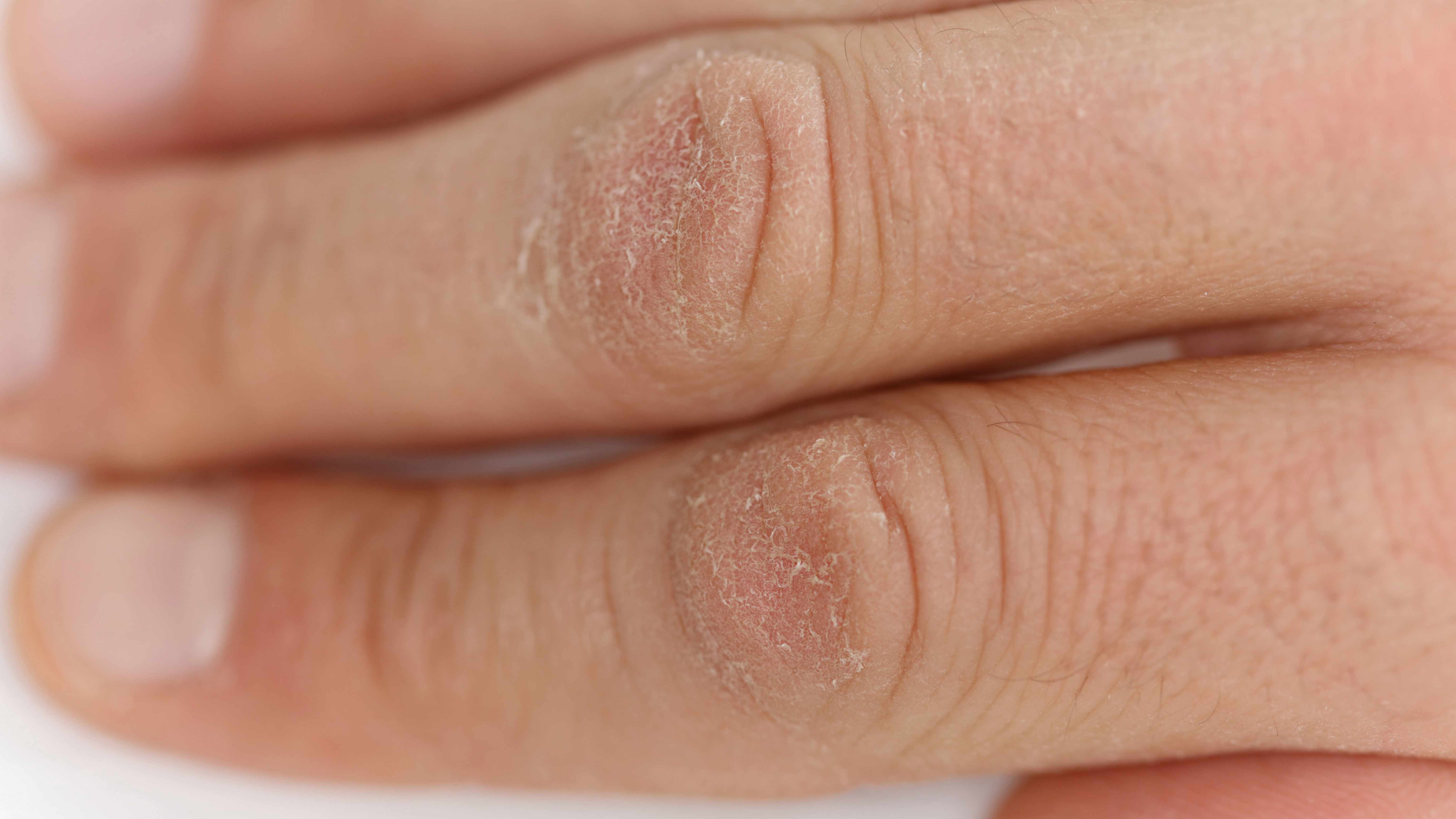-
Home Remedies: Skin tends to be driest in winter

Dry skin is often a temporary or seasonal problem — one that you experience only in winter or summer, for example — but the problem may remain a lifelong concern. Although your skin is often driest on your hands, arms, lower legs and sides of your abdomen, the locations where these dry patches form can vary considerably from one person to the next.
Signs and symptoms of the condition will depend on your age, health status, living environment, the amount of time you spend out doors and the specific cause of your problem. With dry skin, you may have one or more of the following:
- Sensation of skin tightness, especially after showering, bathing or swimming.
- Skin that appears shrunken or dehydrated
- Skin that feels and loos rough rather than smooth
- Itching that sometimes may be intense
- Slight to severe flaking, scaling or peeling skin
- Fine lines or cracks in the skin
- Redness
Dry skin (xerosis) often has an environmental cause. Certain diseases also can significantly affect your skin. Potential causes of dry skin include:
- Weather. Skin tends to be driest in winter, when temperatures and humidity levels plummet. But the season may not matter as much if you live in desert regions.
- Heat. Central heating, wood-burning stoves, space heaters and fireplaces all reduce humidity and dry your skin.
- Hot baths and showers. Taking long, hot showers or baths can dry your skin. So can frequent swimming, particularly in heavily chlorinated pools.
- Harsh soaps and detergents. Many popular soaps, detergents and shampoos strip moisture from your skin as they are formulated to remove oil.
- Other skin conditions. People with skin conditions such as atopic dermatitis (eczema) or psoriasis are prone to dry skin.
These steps can help keep your skin moist and healthy:
- Moisturize. Moisturizers provide a seal over your skin to keep water from escaping. Apply moisturizer several times a day and after bathing. Thicker moisturizers work best, such as over-the-counter brands Eucerin and Cetaphil. You may also want to use cosmetics that contain moisturizers. If your skin is extremely dry, you may want to apply an oil, such as baby oil, while your skin is still moist. Oil has more staying power than moisturizers do and prevents the evaporation of water from the surface of your skin.Another possibility is ointments that contain petroleum jelly (Vaseline, Aquaphor). These may feel greasy, so you might want to use them only at night.
- Use warm water and limit bath time. Long showers or baths and hot water remove oils from your skin. Limit your bath or shower to five to 10 minutes and use warm, not hot, water.
- Avoid harsh, drying soaps. It's best to use cleansing creams or gentle skin cleansers and bath or shower gels with added moisturizers. Choose mild soaps that have added oils and fats. Avoid deodorant and antibacterial detergents, fragrance, and alcohol.
- Wear rubber gloves. If you have to immerse your hands in water or are using harsh cleansers, wearing gloves can help protect your skin.
- Apply moisturizers immediately after bathing. Gently pat your skin dry with a towel so that some moisture remains. Immediately moisturize your skin with an oil or cream to help trap water in the surface cells.
- Use a humidifier. Hot, dry, indoor air can parch sensitive skin and worsen itching and flaking. A portable home humidifier or one attached to your furnace adds moisture to the air inside your home. Be sure to keep your humidifier clean to ward off bacteria and fungi.
- Cover as much skin as possible in cold weather. Winter can be especially drying to skin, so be sure to wear a scarf, hat and gloves when you go out.
- Choose fabrics that are kind to your skin. Natural fibers, such as cotton and silk, allow your skin to breathe. But wool, although natural, can irritate even normal skin.Wash your clothes with detergents without dyes or perfumes, both of which can irritate your skin. These products may be labeled as "free."
If dry skin causes itching, apply cool compresses to the area. To reduce inflammation, use a nonprescription hydrocortisone cream or ointment, containing at least 1 percent hydrocortisone. If these measures don't relieve your symptoms or if your symptoms worsen, see your health care provider or consult a dermatologist.
This article is written by Mayo Clinic Staff. Find more health and medical information on mayoclinic.org.







